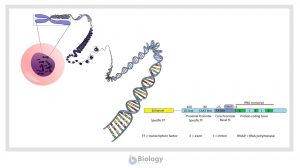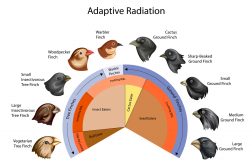Definition
noun, plural: sporozoans
Any of the numerous protozoans of the phylum (or class) Sporozoa, generally characterized by being unicellular, parasitic, and capable of reproducing sexually and asexually in alternate generations via spores
adjective
Of, or pertaining to (a species of) the Sporozoa
Supplement
Sporozoans belong to a protozoan phylum Sporozoa. It is an old taxon first described and used in 1879 by by German zoologist, Karl Georg Friedrich Rudolf Leuckart. 1 This is no longer recommended for use and phylum Apicomplexa is suggested instead. The phylum is comprised of protozoans that are characterized by having a special organelle called an apical complex. Most of them are single-celled, parasitic, and spore-forming.
The old phylum Sporozoa belongs to protozoa, which in turn, belongs to Kingdom Protista of the previous five kingdom scheme of classification. The protozoans are divided into four major groups that are classified based on the means of locomotion, i.e. the flagellates, the amoeboids, the sporozoans, and the ciliates. Sporozoans are characterized by being one-celled, non-motile, parasitic, and spore-forming. Most of them have an alternation of sexual and asexual stages in their life cycle. An example of sporozoan is the Plasmodium falciparum, which is the causative agent of malaria. This scheme too is no longer encouraged for use.
Synonym:
- sporozoon
See also:
Reference(s):
1 Leuckart, R. (1879). Die menschlichen Parasiten. 2nd ed., Vol. 1., Winter: Leipzig.






